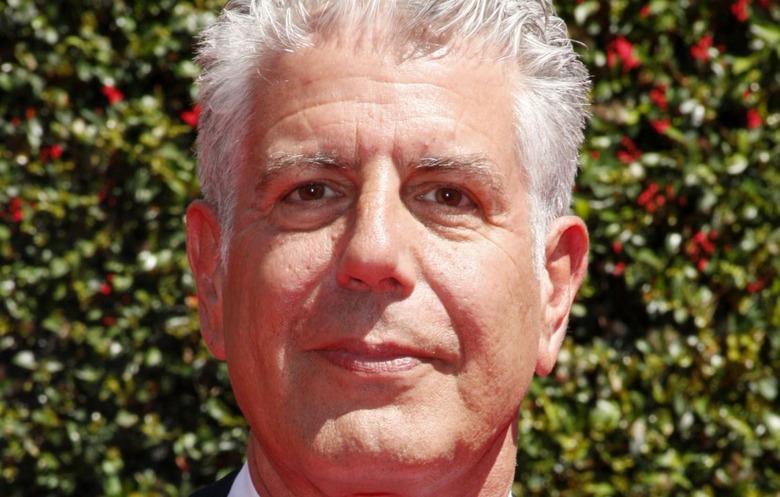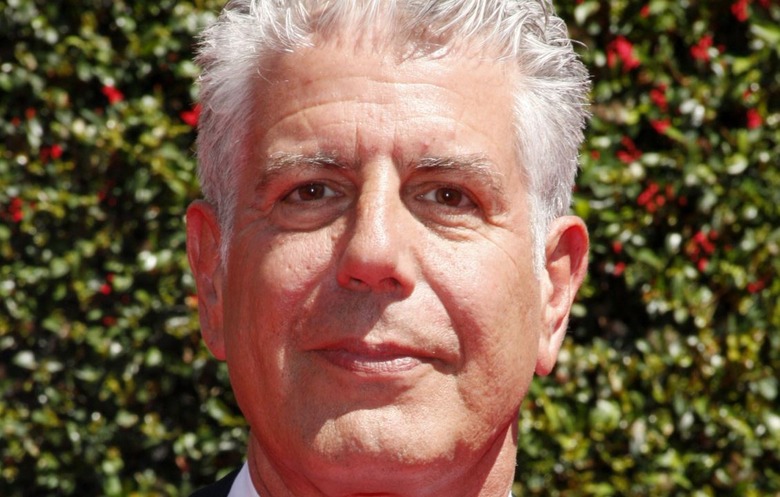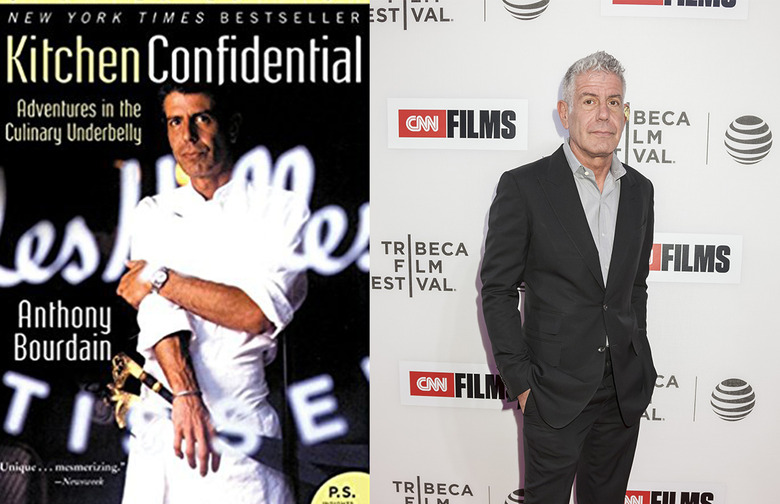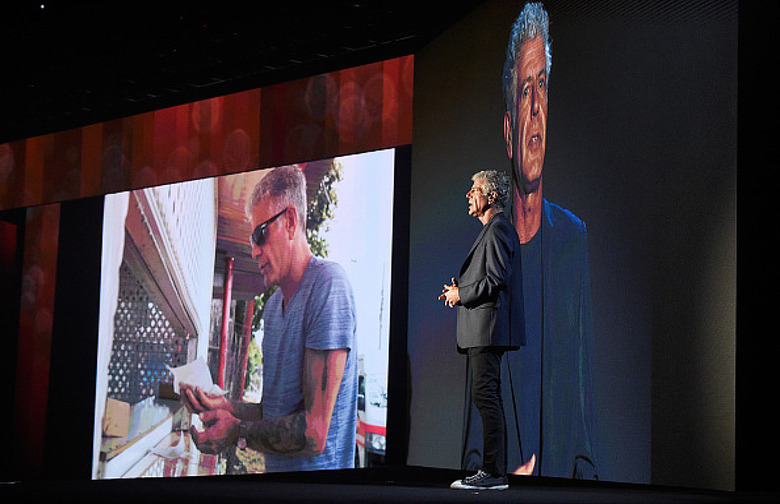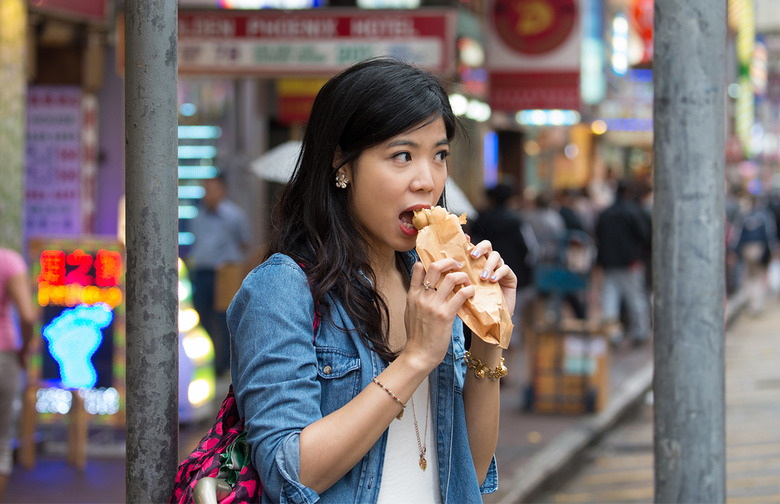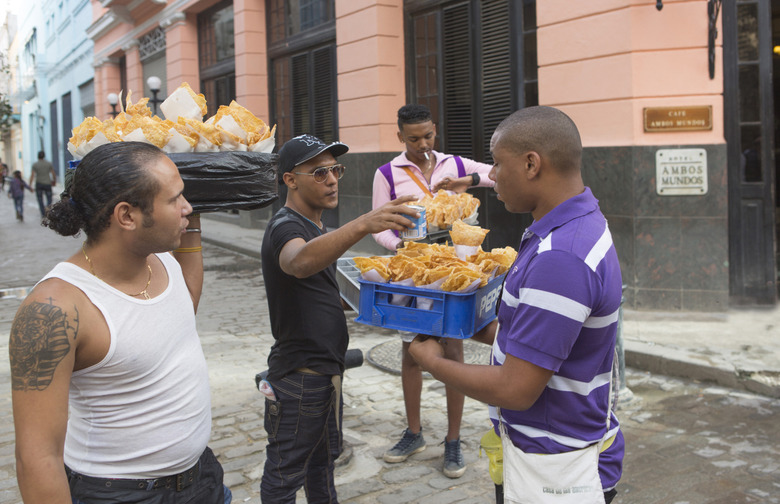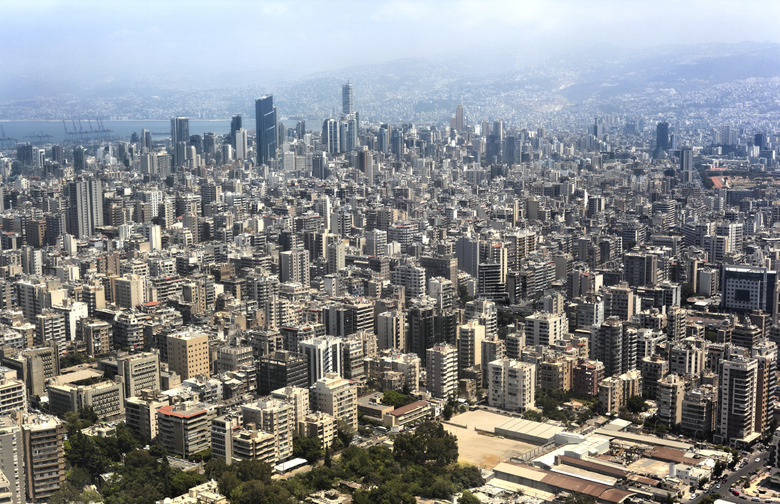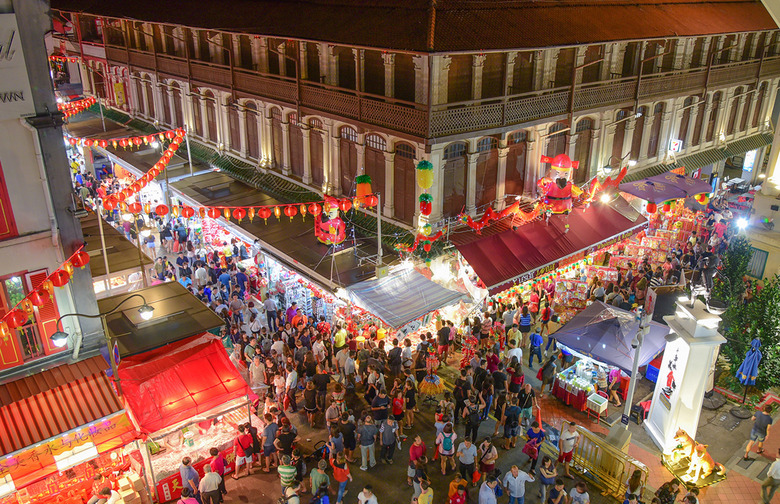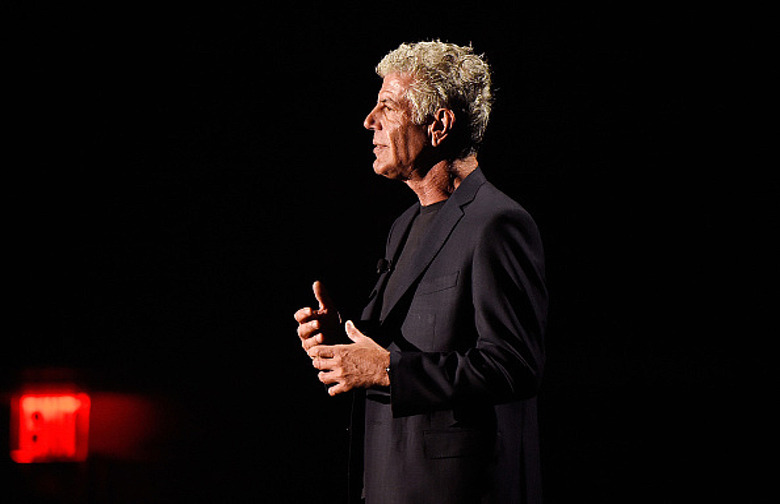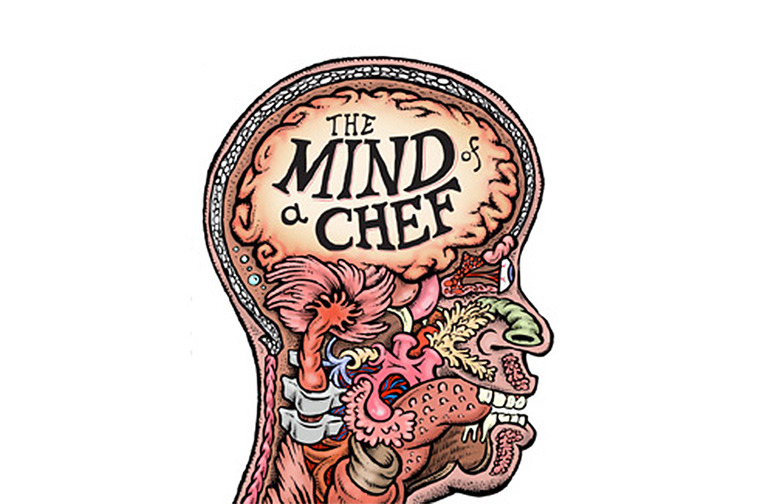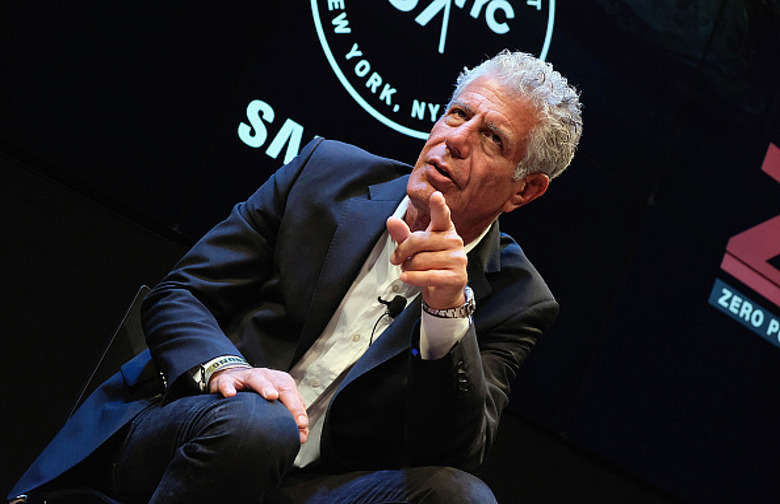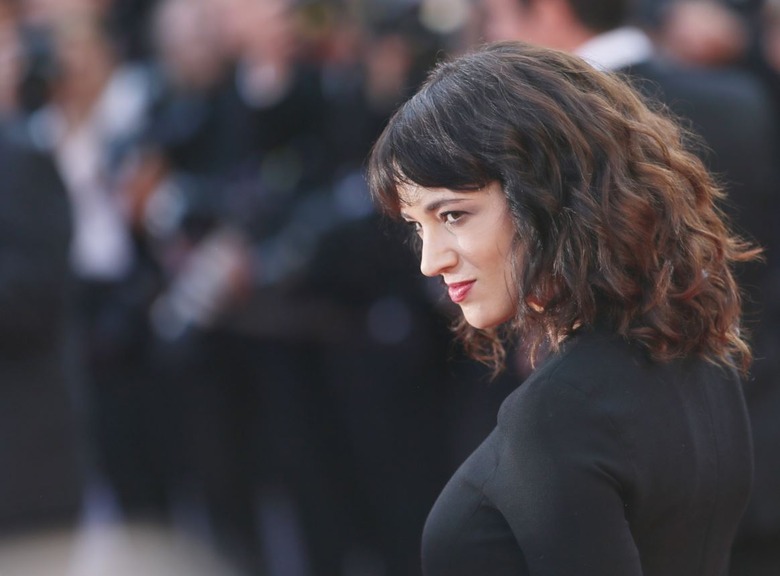11 Ways Anthony Bourdain Changed The Food World Gallery
11 Ways Anthony Bourdain Changed the Food World
Anthony Bourdain, one of the leading luminaries of the culinary world, died at age 61 on Friday while in France working on an upcoming episode of his CNN series Parts Unknown in France.
His death by suicide has shocked his legions of fans around the globe, and an outpouring of grief from his fans as well as celebrity chefs immediately flooded Twitter and other social messaging platforms.
Bourdain began his career as a chef at New York's now-closed Les Halles restaurant and parlayed his experience there into the explosive best-selling 2000 memoir Kitchen Confidential: Adventures in the Culinary Underbelly, which shined a harsh light on the intense and unglamorous world of working in a restaurant kitchen and also delved into the author's own history of drug use. The success of this book led to hosting several of his own cuisine-focused travel shows, including Food Network's A Cook's Tour, Travel Channel's seminal No Reservations, and CNN's Parts Unknown.
Bourdain's influence on the culinary world cannot be overestimated. He didn't just introduce millions to new foods — he introduced us to new ways of thinking about food, and how it ties us together. Here are 11 ways that Anthony Bourdain changed the food world.
He Gave Us a New Way of Looking at Restaurant Kitchens
Kitchen Confidential was a no-holds-barred look behind the swinging doors, into the sex-and-drug-fueled, rough-and-tumble firestorm of the back of the house. By taking some of the mystery out of what goes on in restaurant kitchens, his book convinced countless would-be chefs that this was indeed the life for them.
He Introduced Us to the ‘Rock Star Chef’
Tattooed, foul-mouthed, opinionated, tall, lanky, and with a history of drug abuse, Bourdain didn't look like any other chef we'd ever seen on TV.
He Showed Us How the World Eats
Bourdain traveled to far reaches of the globe, to places never before explored on a standard travel show, and illuminated how people around the world eat, what they eat, and how they cook. Bourdain knew better than anyone else that food is one of the few things that truly tie us together as a global family.
He Gave Us a New Way of Thinking About ‘Street Food’
Bourdain famously said that he'd rather sit on a street corner in Asia eating something mysterious out of a bowl than dine at a five-star restaurant, and in just about every episode of his shows he'd spend time on the street, eating the homespun, inexpensive comfort food of the locals. He showed us that "street meat" isn't something to be afraid of, but rather something to be celebrated, and even went so far as to advance deep into the planning stages of a global street food-centric food hall in New York before plans fell through last year.
He Tied Food Into Culture and Politics
On Parts Unknown, Bourdain traveled to far-flung locales such as Congo, Punjab, and Tanzania, and instead of focusing squarely on food, he explored each area's history, culture, and politics. People don't live (or eat) in a void, and Bourdain used food as an entry point into much deeper discussions.
He Made Discovering Food an Adventure
Bourdain was an explorer; he wasn't content to travel the globe and eat at only fine-dining restaurants. He wasn't afraid to roll up his sleeves and get into potentially hairy situations (like when he found himself in Beirut just as the 2006 Israel-Lebanon conflict broke out and had to be evacuated by the Marine Corps), all in search of great food and the deeper meaning behind it.
He Reinvented Food Tourism
By seeking out, for example, a bustling Singapore night market, and eating his way through it on television, Bourdain helped to demystify what was for many an exotic and unknown experience, and convinced them that it can be fun and enlightening to seek out these new culinary experiences for themselves.
He Made It Okay for a Chef to Get Political
Bourdain was unabashed and outspoken, and used his podium to draw attention to social and political injustices both at home and abroad. No "TV chef" before him spent so much time drawing attention to social issues, and it didn't seem forced or out of character for him.
His “The Mind of a Chef” Delved Into the Philosophies of Legendary Chefs
Bourdain was the executive producer behind PBS' The Mind of a Chef, which spent each season following one specific great chef, including David Chang, Sean Brock, April Bloomfield, Gabrielle Hamilton, and David Kinch. While in the past perhaps one episode of a given show would highlight a chef, no previous show had spent so much time showing how their minds work and delving into their personal histories and philosophies. It presented chefs as artists, and their cooking as their art.
He Was Unapologetic
When he disagreed with Food Network, he took his show to Travel Channel. When he disagreed with Travel Channel, he took his show to CNN. He was disgusted by the overt commercialism of the celebrity chef industrial complex, and didn't hold back from criticizing celebrity chefs like Paula Deen, Rachael Ray, Bobby Flay, and Guy Fieri; while praising chefs including Ferran Adria and Jose Andres. Bourdain was the anti-celebrity chef.
He Was an Ally for the #MeToo Movement in the Food World
Bourdain dated actress Asia Argento, one of the first women to accuse film producer Harvey Weinstein of sexual assault. He credited her with pushing him to reexamine aspects of the restaurant industry that left people vulnerable to abuse. He was highly critical of his own acquiescence to what he called "meathead culture" — "Why was I not the sort of person people would see as a natural ally here?" he asked in one interview — and was an early and vocal supporter of the #MeToo movement as it swept the food world.
More From The Daily Meal:
Anthony Bourdain's 9 Most Dangerous Destinations
18 Things You Didn't Know About Anthony Bourdain
The Most Bizarre Things Anthony Bourdain Has Ever Eaten
What Guy Fieri, Anthony Bourdain, and 14 Other TV Food Stars Looked Like Before They Were Famous
